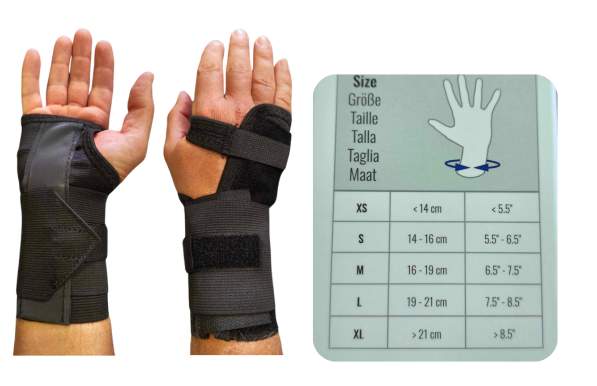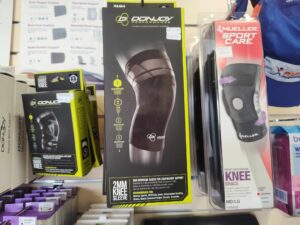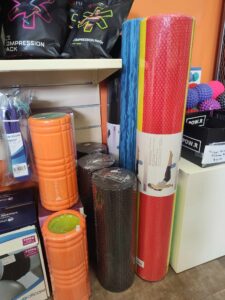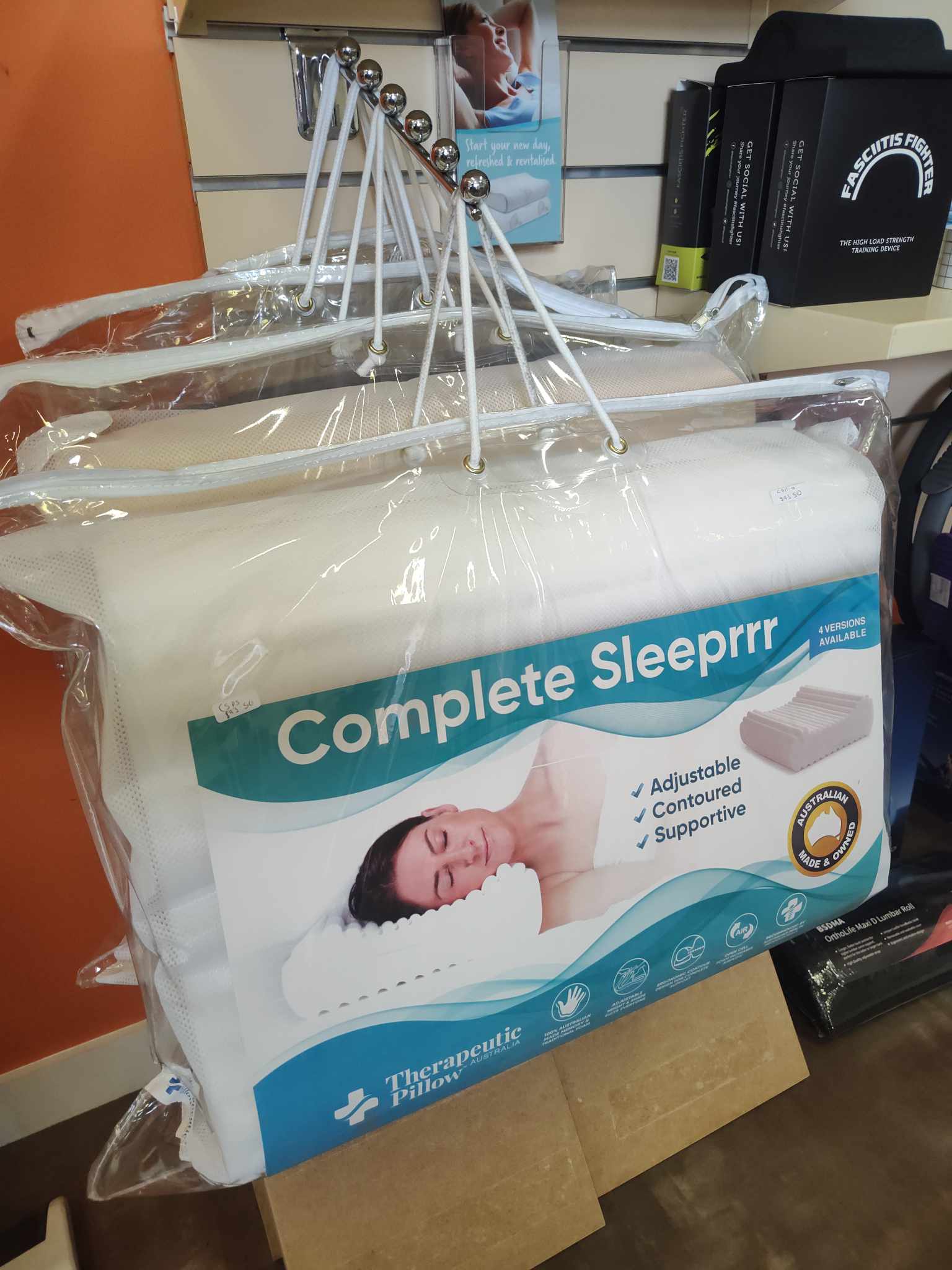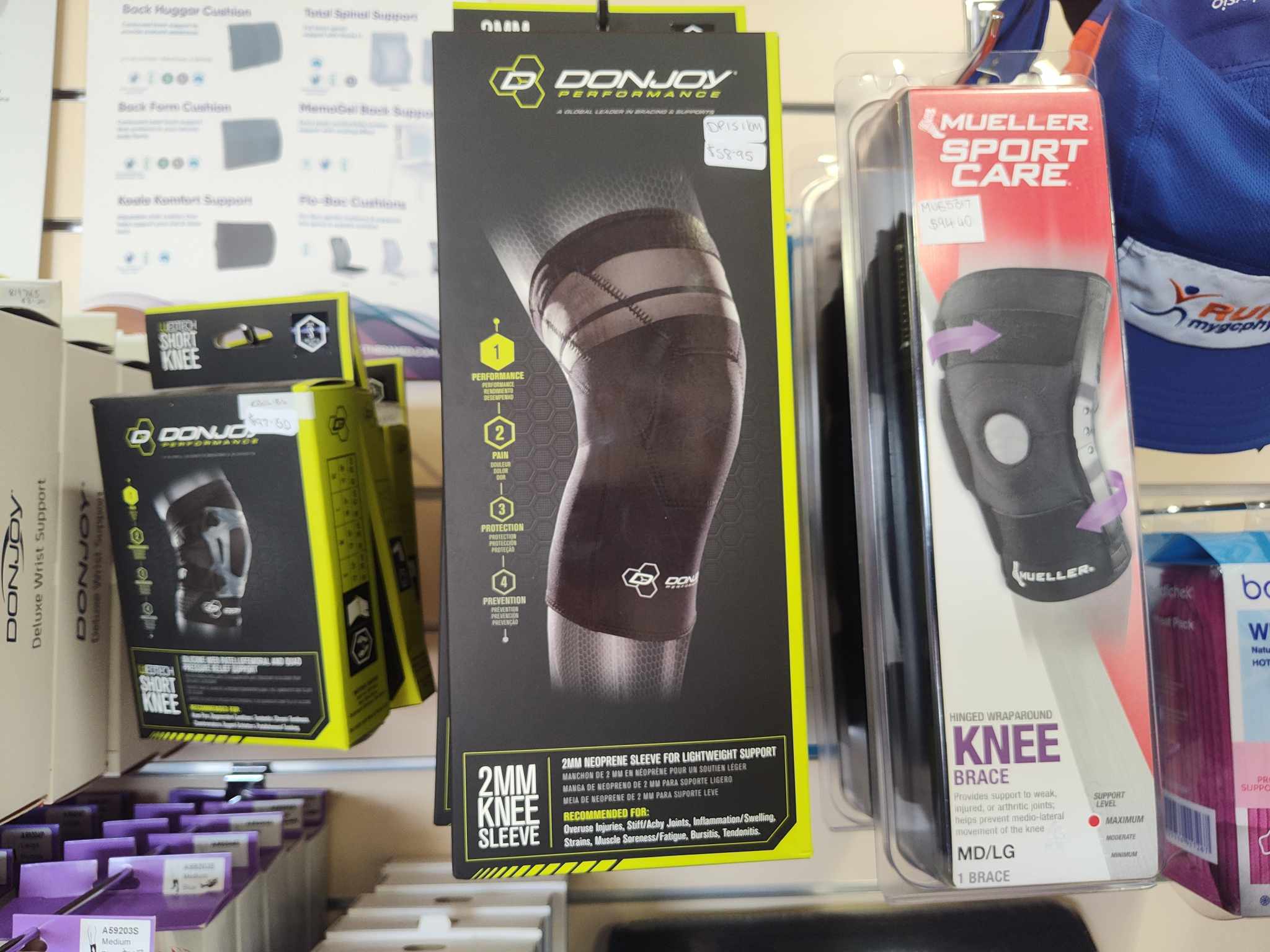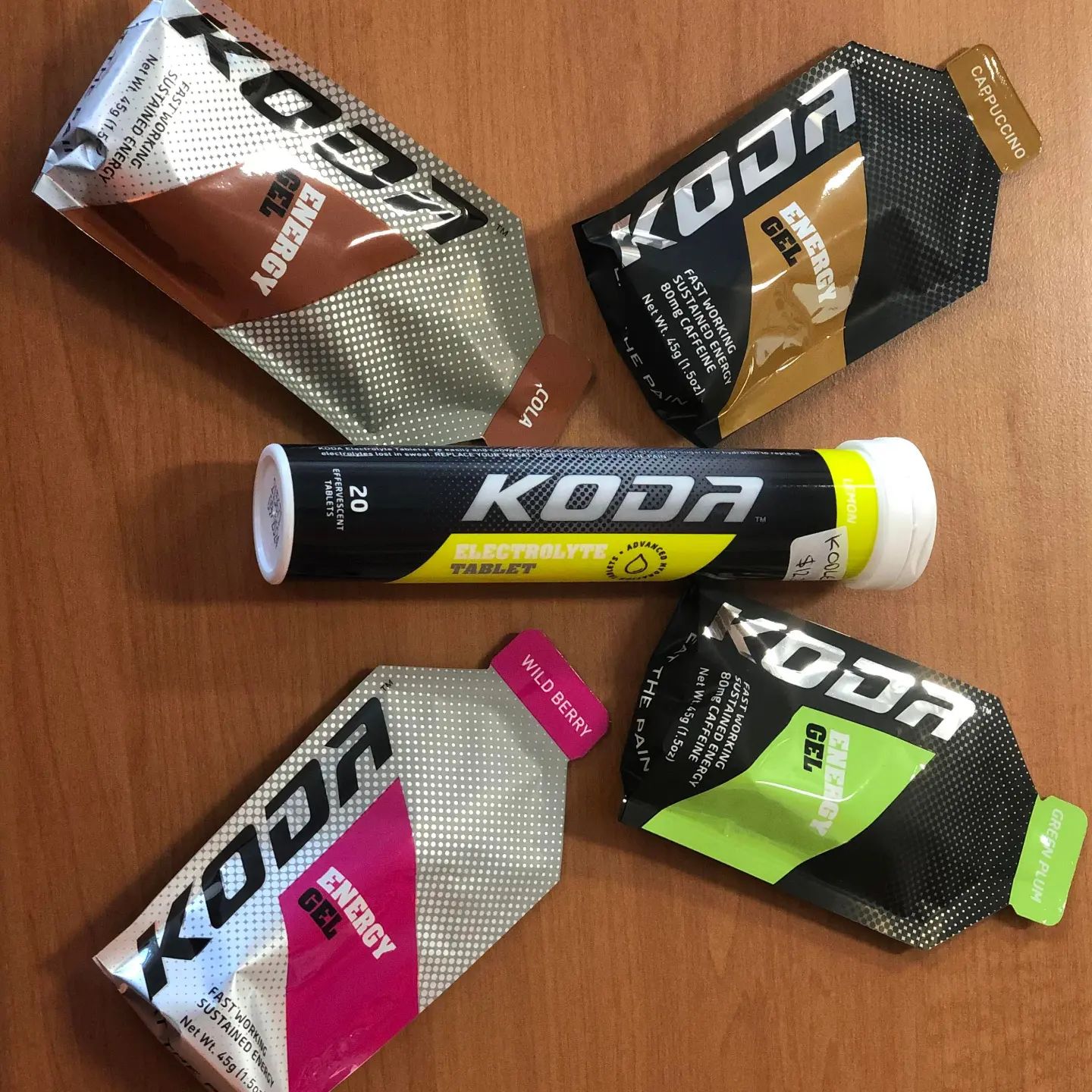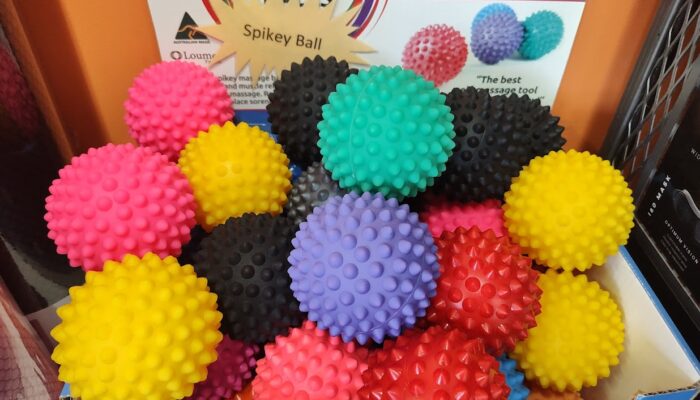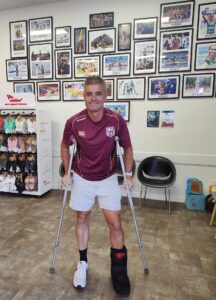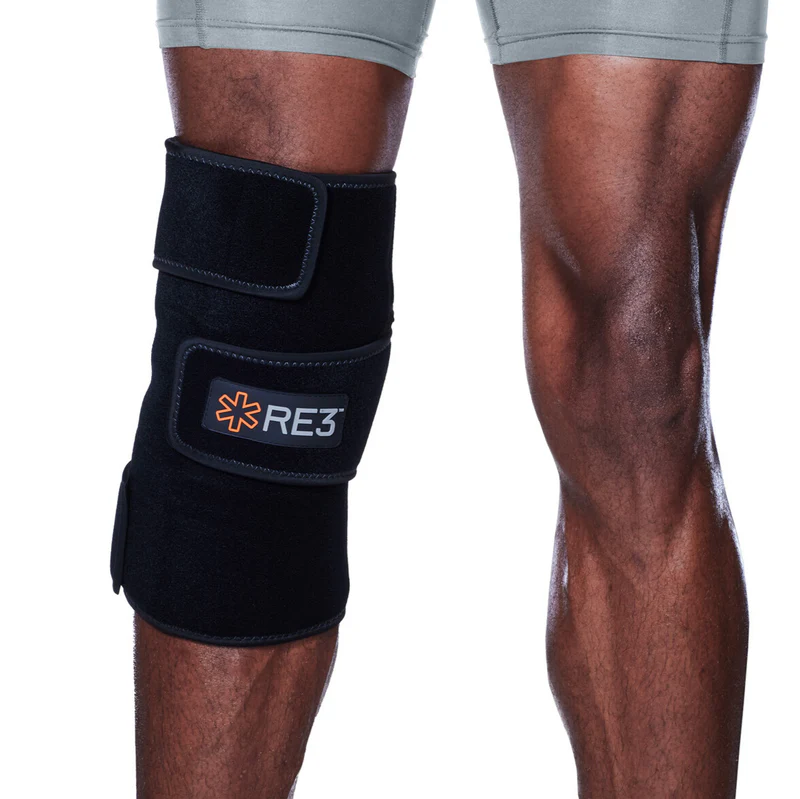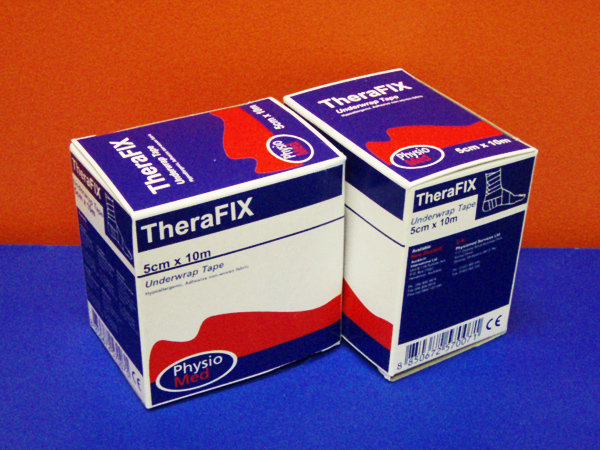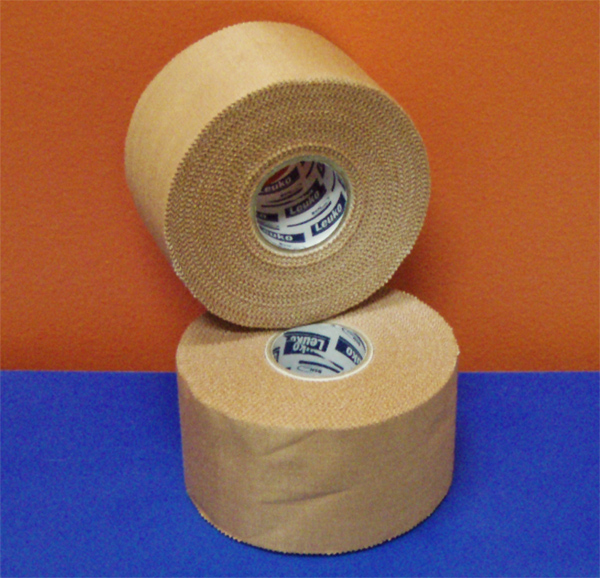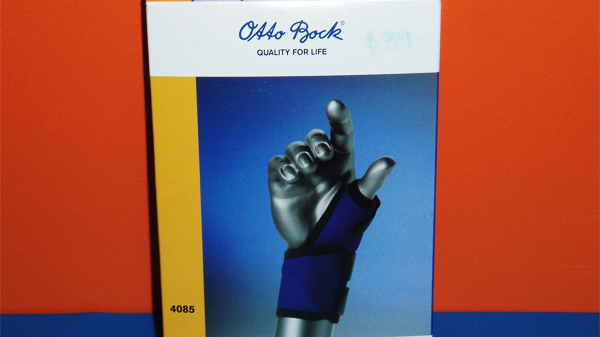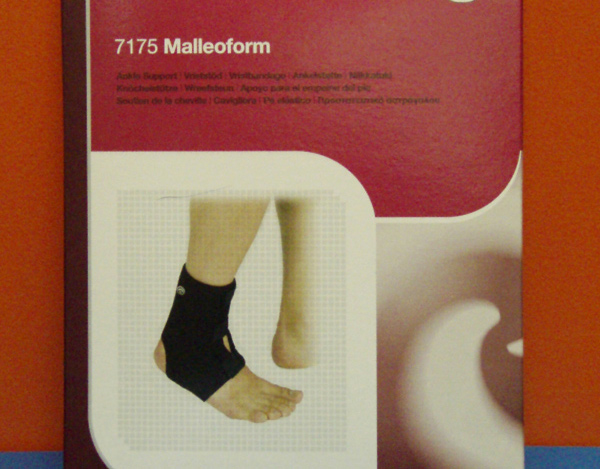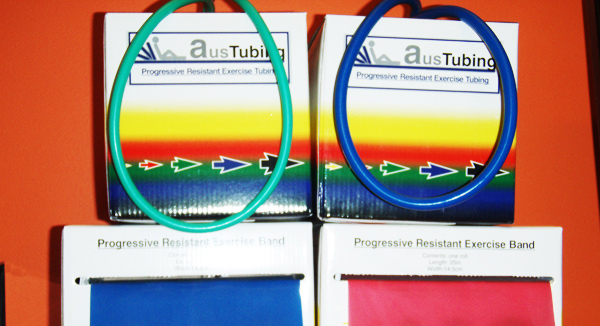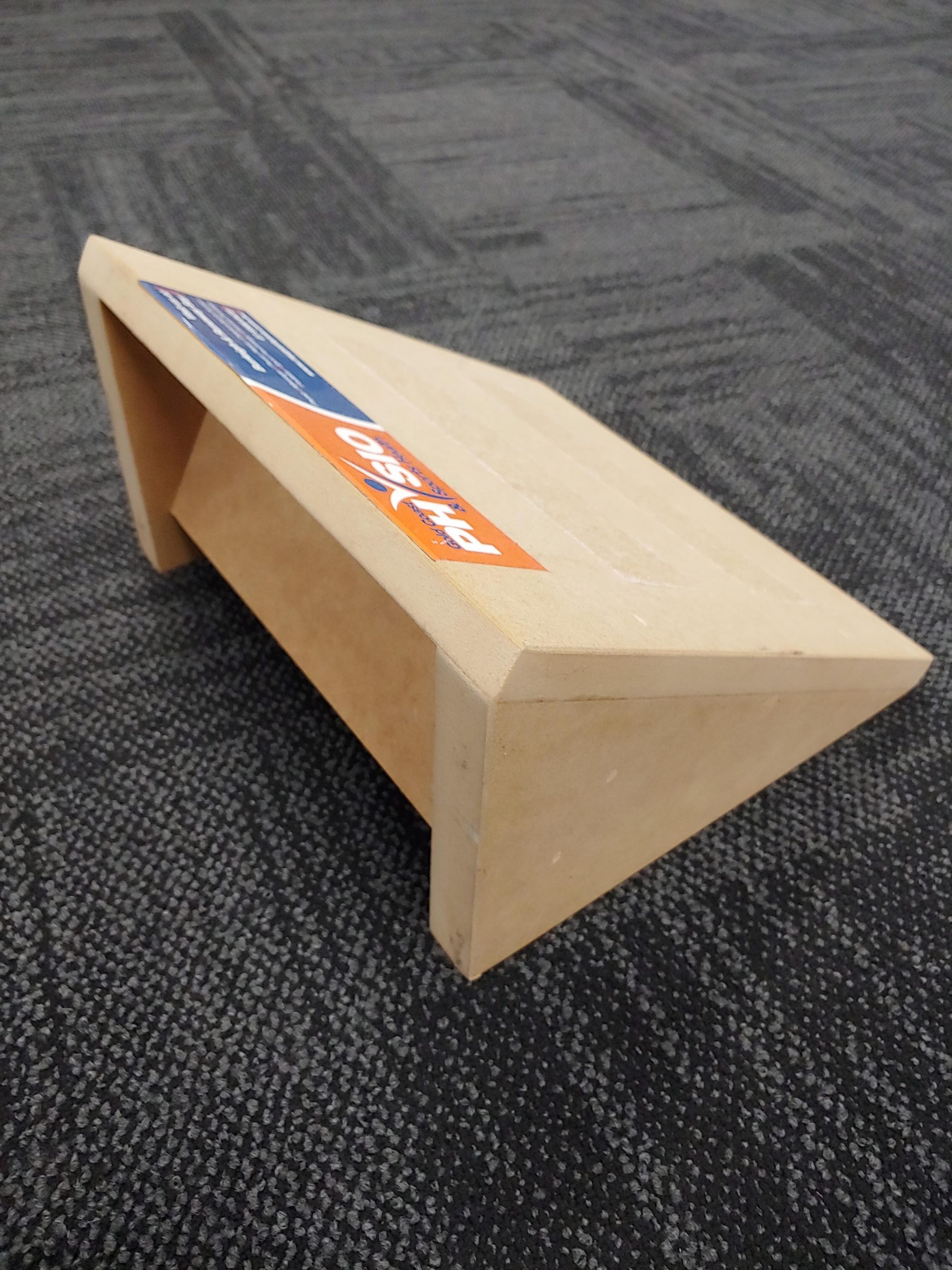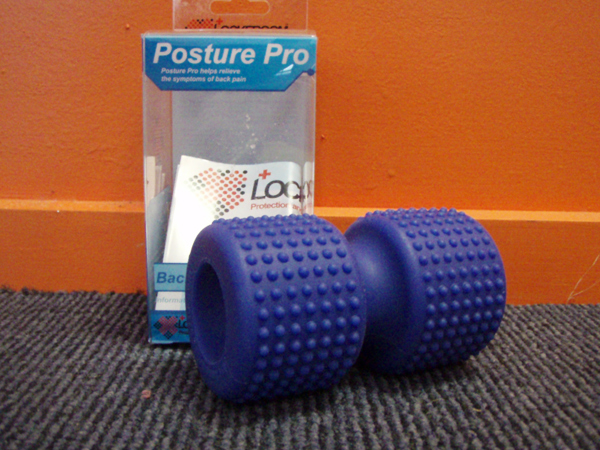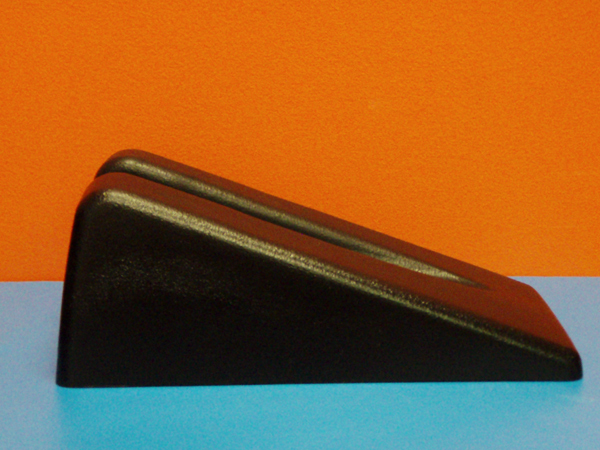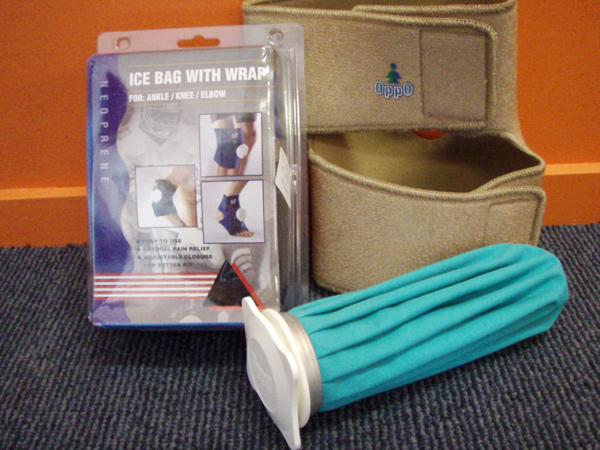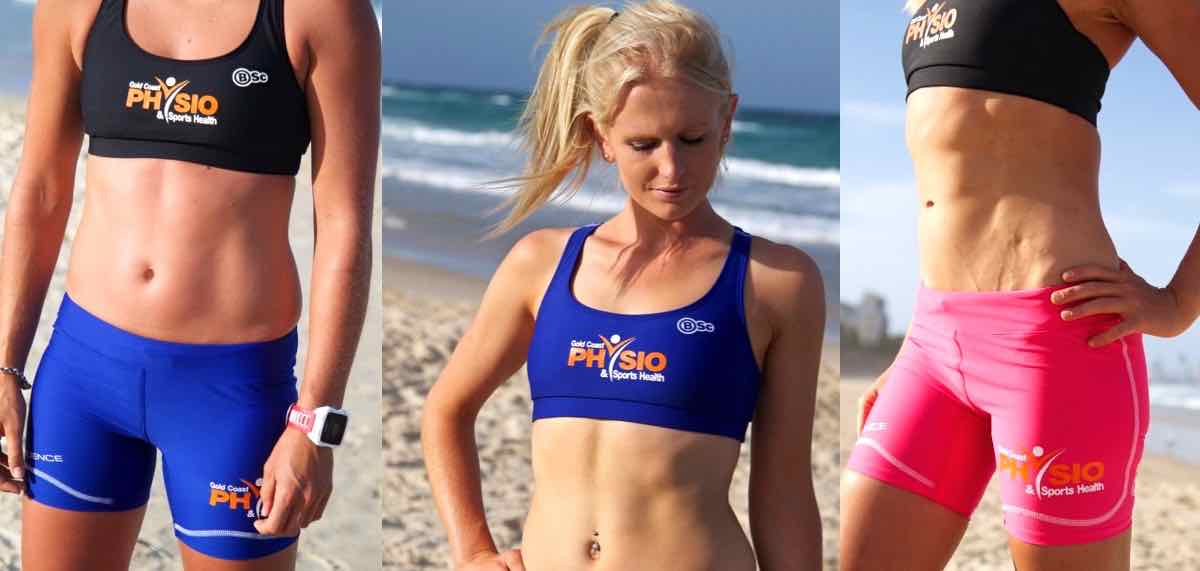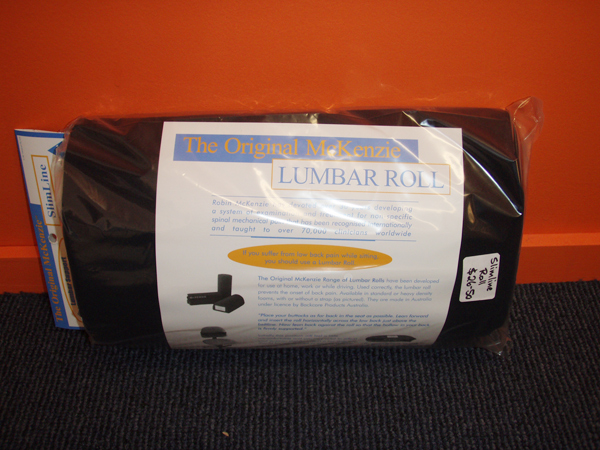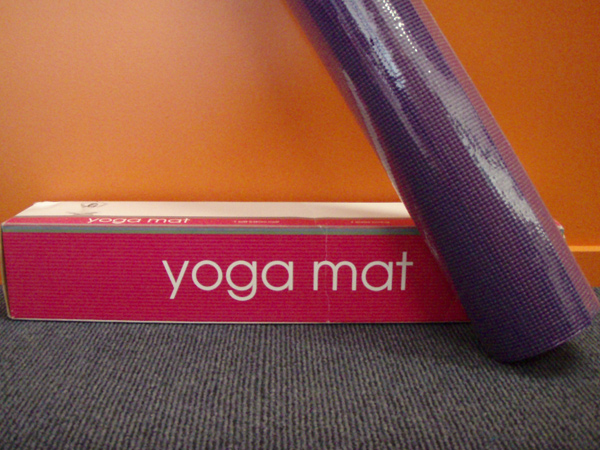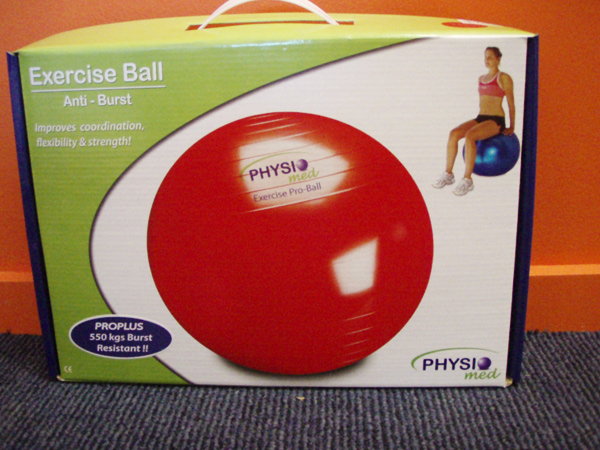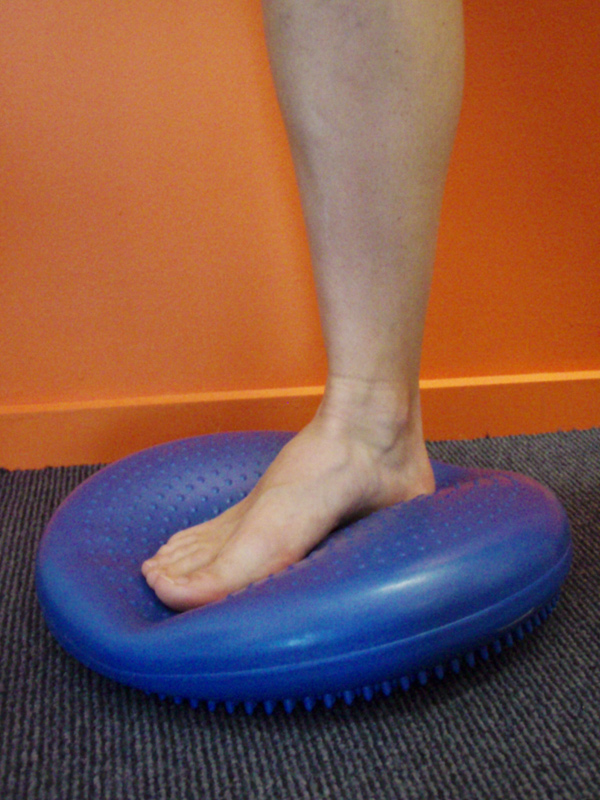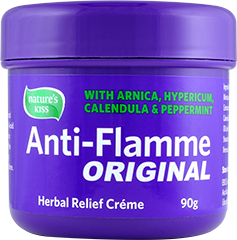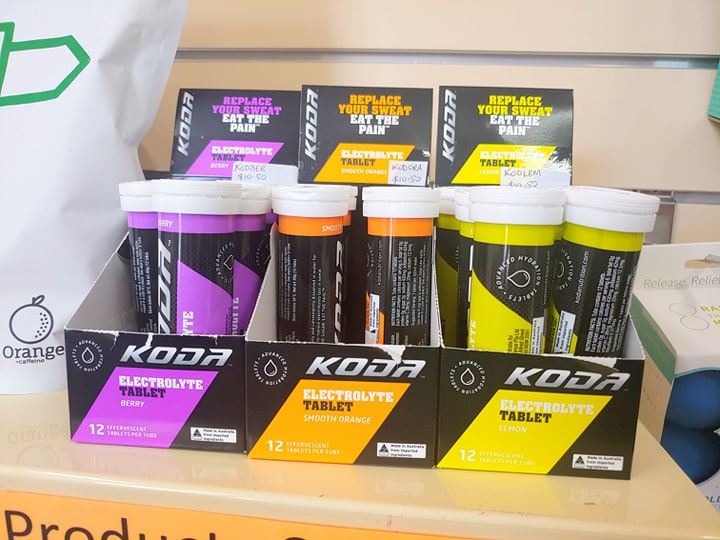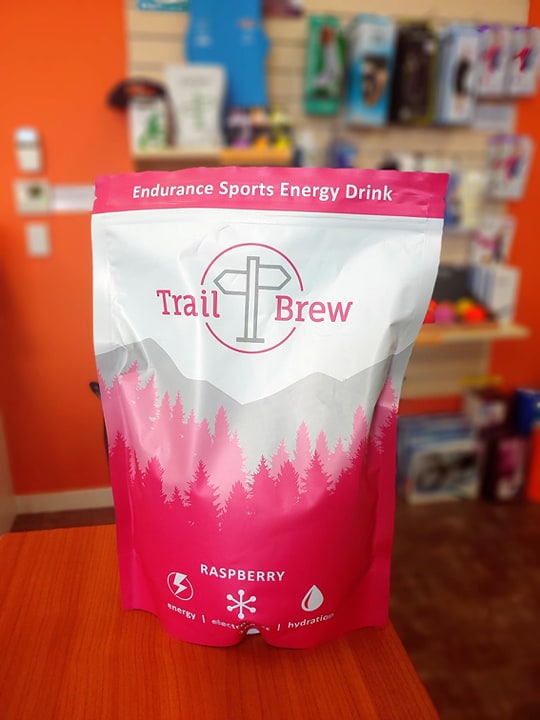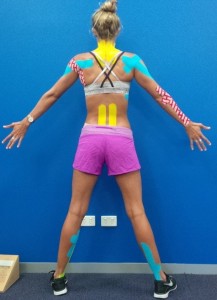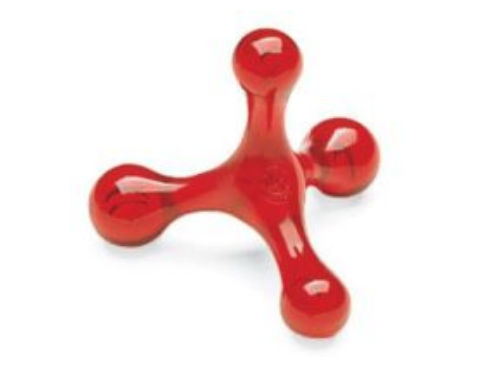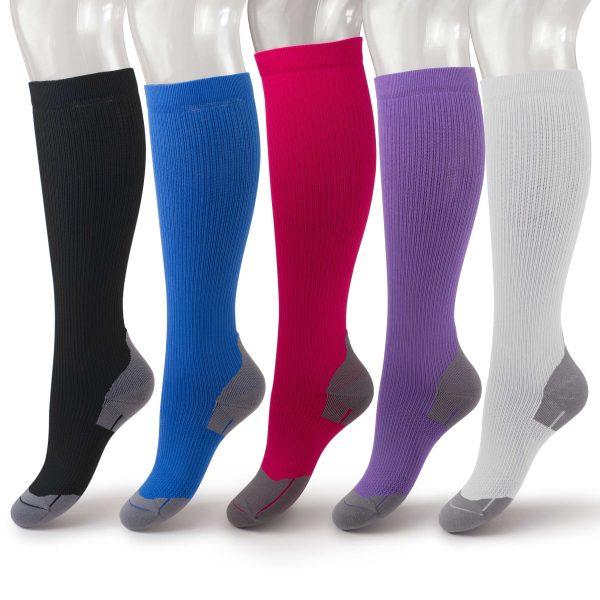More about Swimming Screenings – Why are they useful?
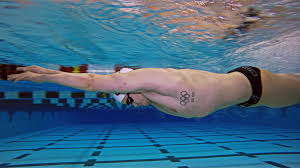
Swim specific musculoskeletal screenings are used for early detection of markers within an individual swimmer that will help improve their performance, progression as an athlete, longevity in the sport and potentially other markers that may make the individual more prone to injury.
In the screening, specific tests are performed for range of motion, flexibility and movement control plus strength. We have “ideal” values for these tests that we compare to the best swimmers in the world. Your values will be compared and rated as ‘within expected range’, ‘needs improvement’, or a ‘red flag’. If any red flags are identified within your screening, your physiotherapist will follow these up with you and advise you on the best intervention. This may include ongoing physiotherapy treatment, home exercise programs or at times medical review with a doctor. Swim screening appointments are available and incredibly useful for any level of athlete.
What’s Involved in a Swim Screening?
Once you’ve booked your screening appointment with one of our Physio’s (appointment time generally runs for 45min), your physio will discuss your values regarding your swim training/performance. The screening itself involves multiple movements and measurements. Whilst we are looking for particular values (these have been collected from Australian representative swimmers), we are also looking for symmetry between left and right, and the way you achieve the tests.
We then provide you with exercises, stretches, other strategies to help you improve in the area’s that have been identified as your area’s of weakness from the Screening process.
We can re-screen you in 4-6months to check your progress and see if your weakness area’s are improving towards ideal values, and self-management programs can be modified as needed.
Examples of some of the screening tests specific for swimmers
Combined Elevation test:
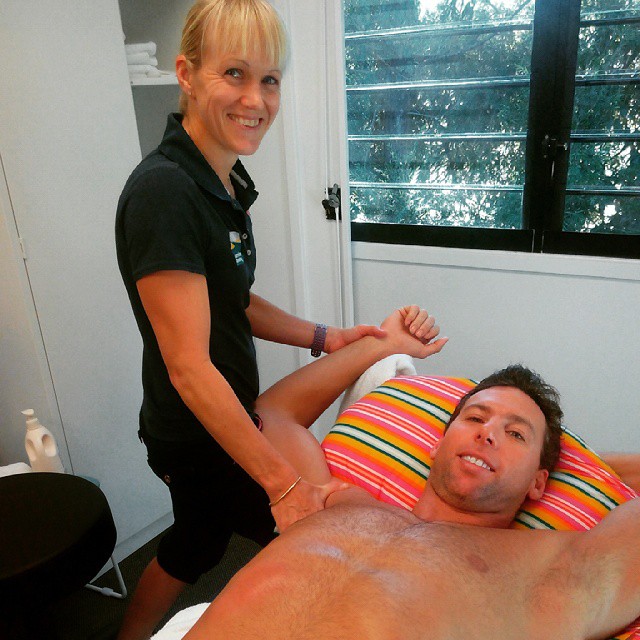 This is a test of thoracic spine (upper back) extension, shoulder extension and your ability to draw your shoulder blades back and together to achieve the streamline position. This is performed by you laying on your stomach and taking your arms up into streamline. From here you will be asked to lift your arms off the bed as high as you can, whilst we take a measurement. This is important for the start of your stroke and ability to get into good streamline positions to reduce the drag resistance from the water. This is also important for underwater skill performance
This is a test of thoracic spine (upper back) extension, shoulder extension and your ability to draw your shoulder blades back and together to achieve the streamline position. This is performed by you laying on your stomach and taking your arms up into streamline. From here you will be asked to lift your arms off the bed as high as you can, whilst we take a measurement. This is important for the start of your stroke and ability to get into good streamline positions to reduce the drag resistance from the water. This is also important for underwater skill performance
Hip Flexion:
Here we are looking at an isolated hip flexion movement without your lower back and pelvis movement (range to bring your knee to your chest). Here you will be asked to lay on your back, while your physio will bring your knee to your chest. This is a valuable range of movement important for a fast and efficient tuck into your tumble turns and helping with achieving a good start position.
Shoulder rotation strength:
We use a special device called a hand held dynamometer and we test the rotation strength of your shoulders. This is especially important for your ability to pull/push yourself through the water, and to reduce the likelihood of getting shoulder pain.
Once your screening has been completed, your physio will sit down with you and discuss your results, asymmetries or any of the test that you may have reported some pain with, and can directly followup with coaches if you would also like.
For a screening appointment, or for further questions, phone the clinic on 07 5500 6470.

